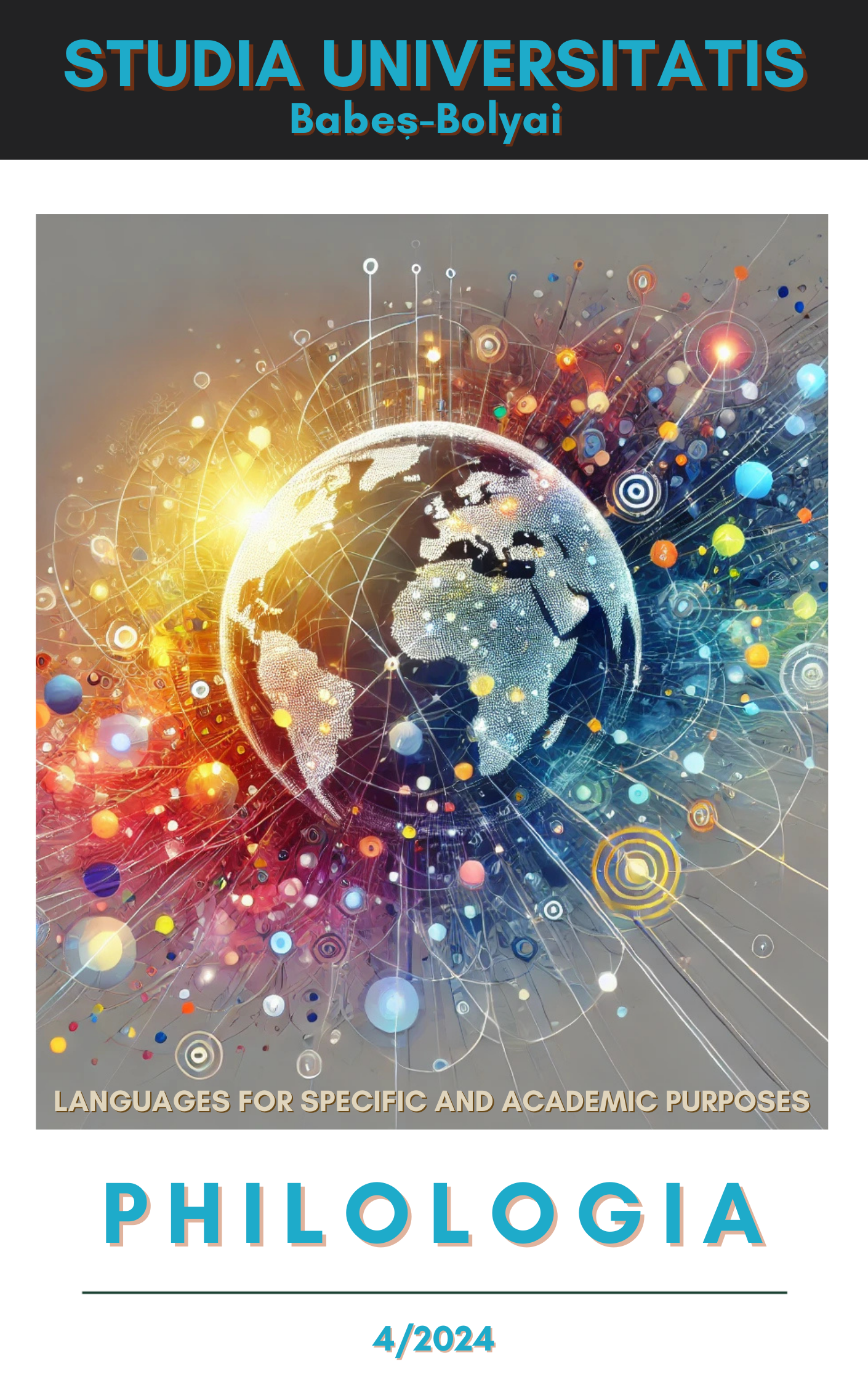PEDAGOGICAL REFLECTIONS ON AN ENGLISH-TAUGHT COURSE IN COMMUNICATION ADDRESSED TO NON-PHILOLOGIST MA STUDENTS
PEDAGOGICAL REFLECTIONS ON AN ENGLISH-TAUGHT COURSE IN COMMUNICATION ADDRESSED TO NON-PHILOLOGIST MA STUDENTS
Author(s): Vlad-Georgian MezeiSubject(s): Language acquisition
Published by: Studia Universitatis Babes-Bolyai
Keywords: English as a Medium of Instruction; Content and Language Integrated Learning; higher education; MA students; pedagogical approach.
Summary/Abstract: Pedagogical Reflections on an English-Taught Course in Communication Addressed to Non-philologist MA Students. Supporting cross-border didactic and research cooperation, increasing visibility in international rankings, promoting multicultural academic environments, facilitating student exchange, attracting international students, encouraging staff mobility and improving graduate employability are some of the driving forces behind the efforts of most universities towards internationalisation. Babeş-Bolyai University of Cluj-Napoca, Romania, as a multicultural international higher education institution, actively supports academic training and communication in international languages. According to one of the stipulations included in the language policy of the University, each master’s programme must comprise at least two courses taught in an international language in compliance with CLIL (Content and Language Integrated Learning) methodological principles. The present paper draws on the author’s experience as a tutor of such an English-taught course in techniques and methods of negotiation and communication addressed to students enrolled in a master’s programme called Management of Sports Organizations and Activities at the Faculty of Physical Education and Sport of Babeş-Bolyai University, Cluj-Napoca. The article discusses the development of a coherent pedagogical strategy for this particular course focusing mainly on aspects such as designing the course syllabus, selecting compulsory bibliography, preparing teaching scenarios, creating instructional materials, delivering in-class instruction, conducting assessment and collecting feedback from students.
Journal: Studia Universitatis Babes-Bolyai - Philologia
- Issue Year: 69/2024
- Issue No: 4
- Page Range: 237-256
- Page Count: 20
- Language: English

